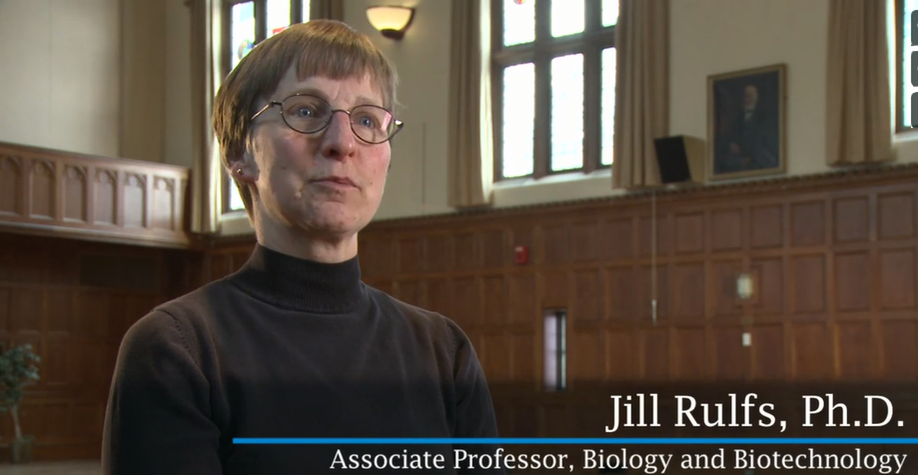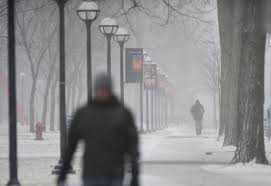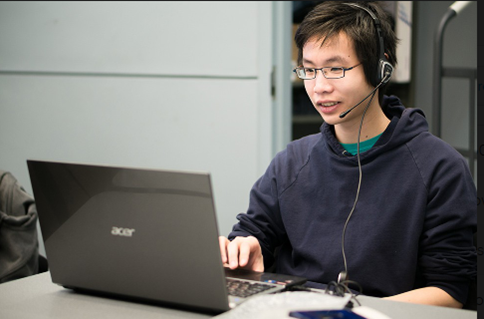The Show Must Go On: Contingency Planning Made Easy

From blizzards to hurricanes, college campuses have seen it all. These events, either natural or manmade, can shut down your campus and disrupt classes, adding unnecessary pressure on faculty and students to cover more content in less time. Fortunately, with the rise of broadband ubiquity and increased access to mobile technology, canceling class doesn’t have to mean losing learning time. Increasingly, universities turn to technology like Echo360 to keep classes going online, when bad weather or other events close down campus.
“Winter shouldn’t be an excuse for missing classes now that we have Echo360,” says Tom Naclerio, Digital Media Specialist at Sacred Heart University in Fairfield, Connecticut. “I currently teach two sections of Introduction to Media Production and we recently had a snow cancellation. But, I recorded my classroom presentations, uploaded them, and my students were all able to view the presentations on their own time, just as they would have in class. Because of the bad weather, many other instructors also uploaded their presentations to Echo360. As a result, there is no reason to have to miss classes entirely.”
Naclerio says that when the weather gets bad, the demand for personal lecture capture – from both faculty and students - increases. From an institutional leadership perspective, this is something Sacred Heart Provost, Laura Niesen de Abruna wants. “She definitely encourages our instructors to create personal lecture captures and post those sessions online. She wants us all to keep classes going and we can definitely do that now that we have Echo360. Students really love having the ability to log in and watch the lecture presentations on their own time. They also have the ability to take notes, create personal study guides, mark up presentations and indicate areas of confusion – all within a single experience provided by Echo360. This is very helpful for both students and instructors,” Naclerio adds.
The power of Mother Nature’s impact is definitely not lost on Echo360’s Head of Teaching Innovation, Dr. Perry Samson. Dr. Samson, who is a meteorologist, teaches an aptly named course, Extreme Weather, at the University of Michigan. When the weather is bad he will often tell his students to stay at home, but that doesn’t mean class is cancelled. Instead, he conducts his class live and online using Echo360’s live webcasting feature. Dr. Samson uses the student engagement features of Echo360 to ask questions or have them participate in online polls and surveys to keep them participating and actively learning, just as he would if they were seating in front of him in a lecture hall.

Dr. Perry Samson, teaching “Extreme Weather” using Echo360 live-webcasting
Planning for contingencies is not limited to acts of nature. The 2012 London Olympics presented a number of challenges for Coventry University’s London Campus (CULC),which is located in the heart of London near many of the major Olympic venues. The more than 11 million visitors to London caused unprecedented traffic and congestion, which prevented students and instructors alike from reaching campus. But, it was still business as usual at CULC. Instructors pre-recorded their lectures and made them available online using Echo360’s platform. Students were able to view their course lectures on their laptops, tablets, and other mobile devices from the comfort of their homes, providing an uninterrupted delivery of courses during the Olympic Games.
Learn more
These are just a few examples of how active learning technology makes 24/7 interactive teaching and learning possible. If you want to learn more, click on the icon below to discover how the City University of Hong Kong uses Echo360 to create a more student-centric curriculum, how it supports distance learning, and allows for learning to go on in the event of campus emergencies.



